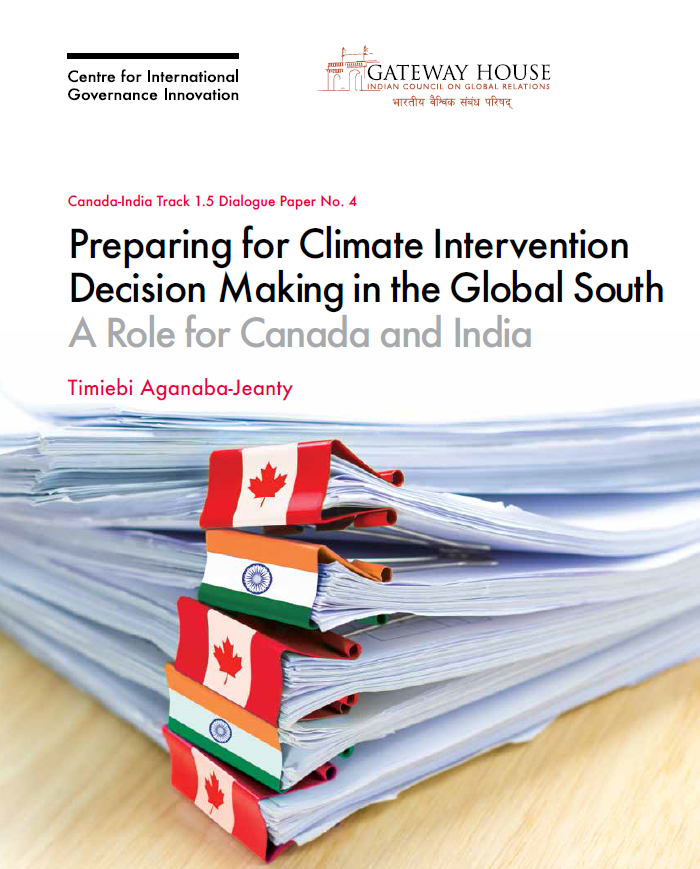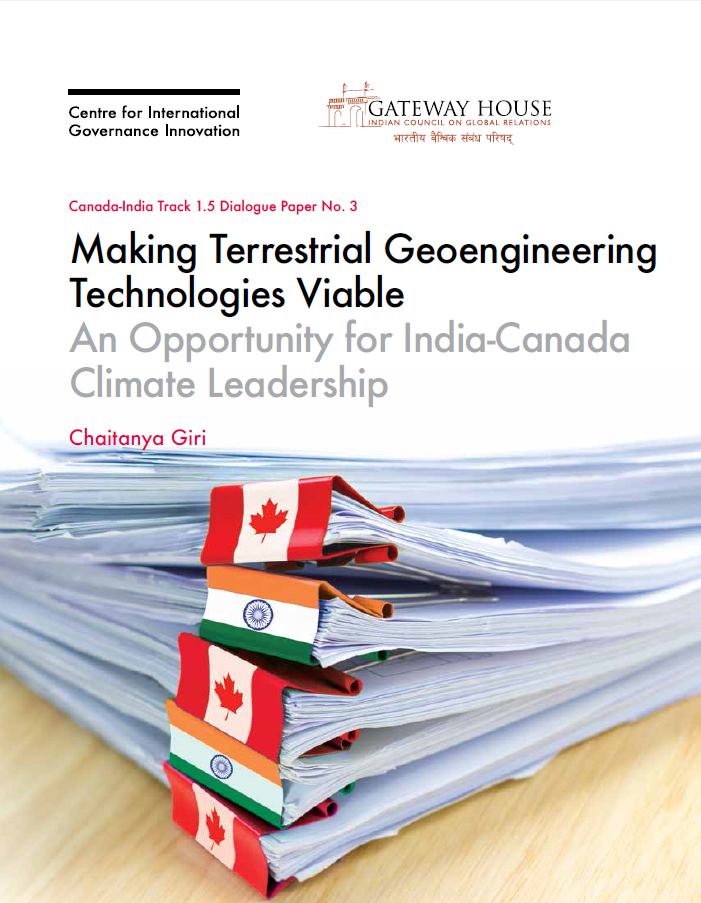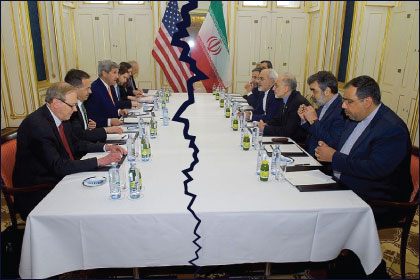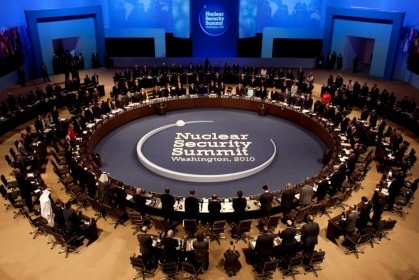Making India a Methane Economy
India is the second largest emitter of methane in the world. But methane-cracking has enormous economic potential. It can help India become a high-technology manufacturing powerhouse by producing a steady supply of methane-derived, advanced carbon materials and hydrogen-energized transportation











